Woo-Young (Young) Ahn is an Associate Professor in the Department of Psychology at Seoul National. He was previously an Assistant Professor in the Department of Psychology and an affiliated faculty at Translational Data Analytics at The Ohio State University. He earned his B.S. in materials science & engineering in 2002 from Seoul National University and then went to Harvard University as a doctoral candidate for applied physics and received his S.M. in applied physics in 2003. He continued on to receive his M.A. in clinical psychology from Seoul National University in 2006, and his Ph.D. in clinical psychology from Indiana University. He completed his clinical psychology internship at the University of Illinois at Chicago (UIC) in June 2012. He worked then as a postdoc with Read Montague and Peter Dayan for two years at Virginia Tech Carilion Research Institute (VTCRI) and for a year at Virginia Commonwealth University Institute for Drug and Alcohol Studies.
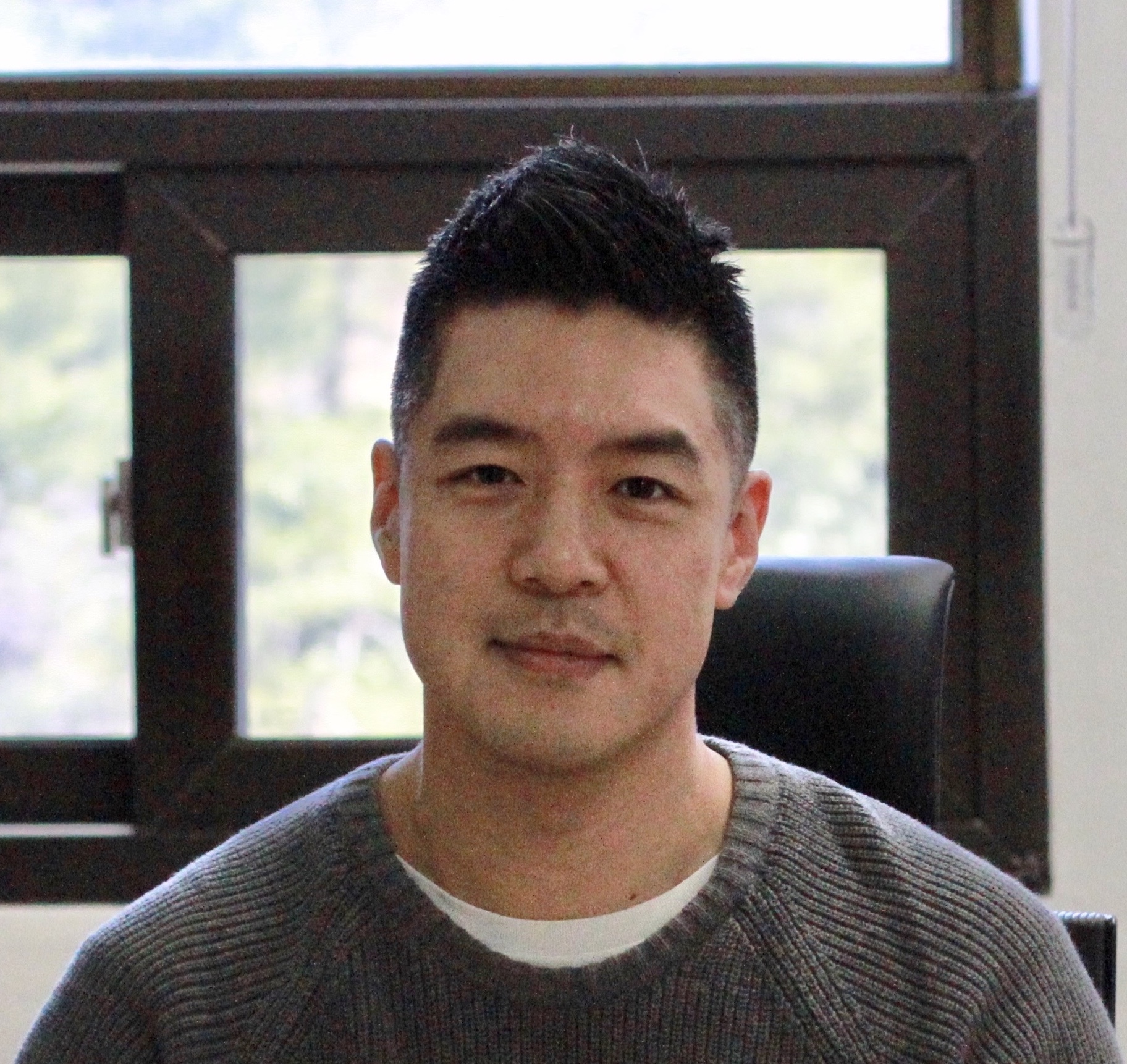
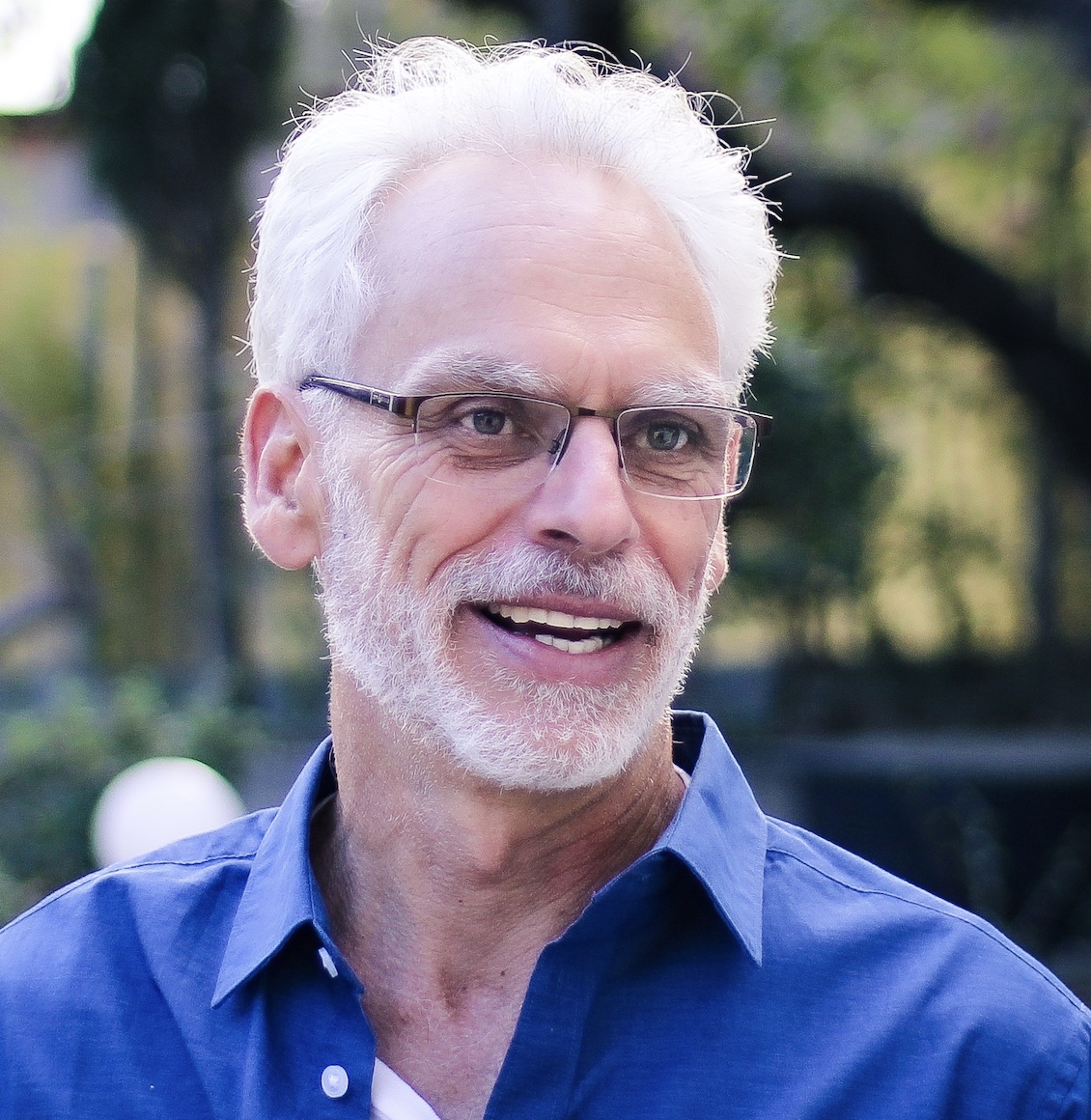
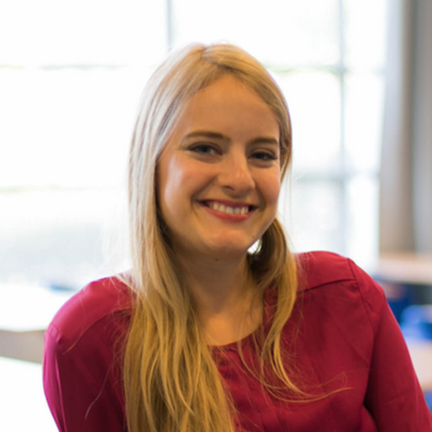
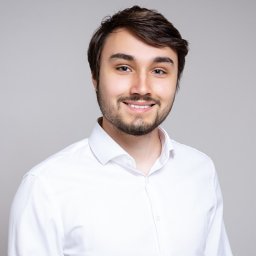
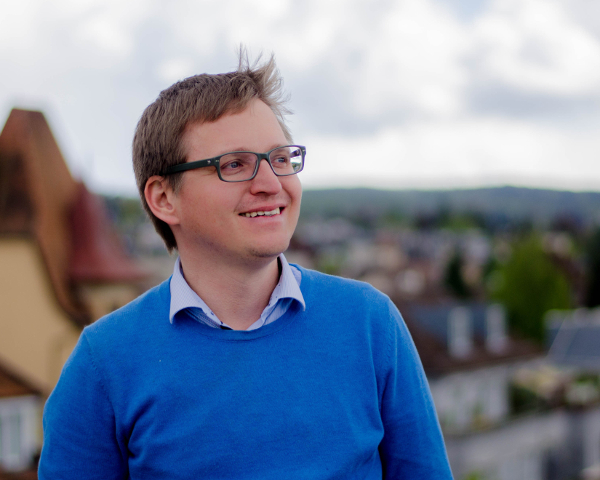
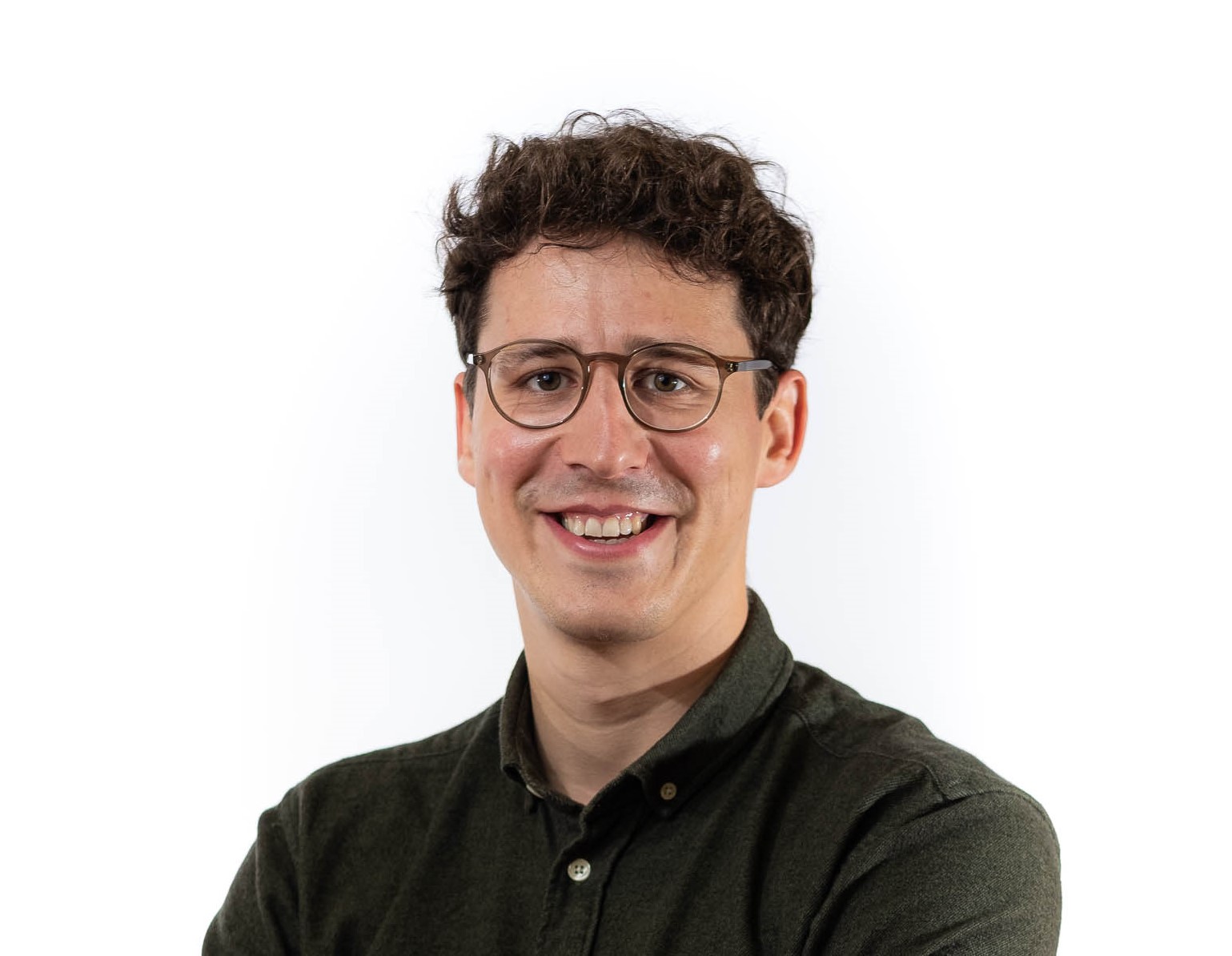
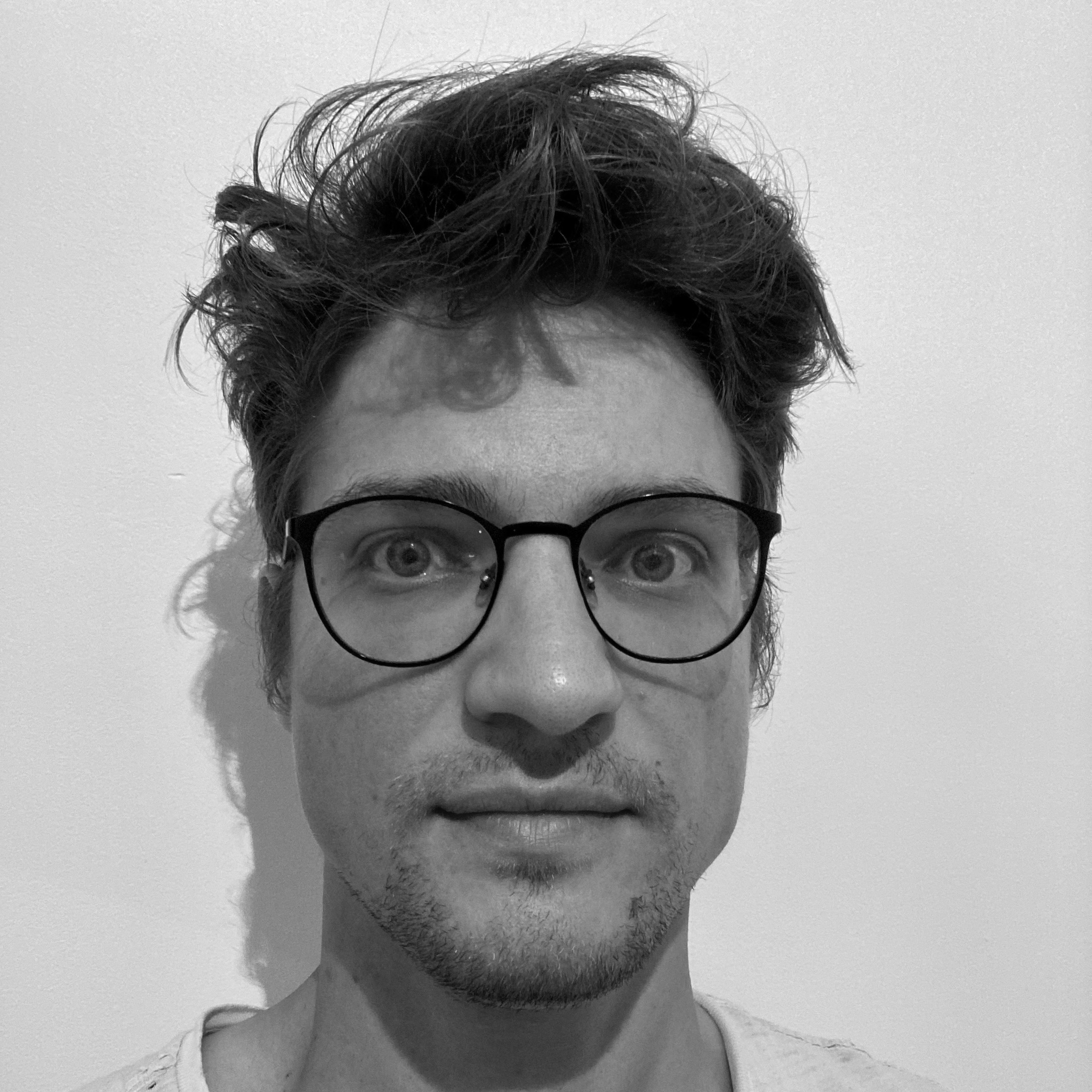
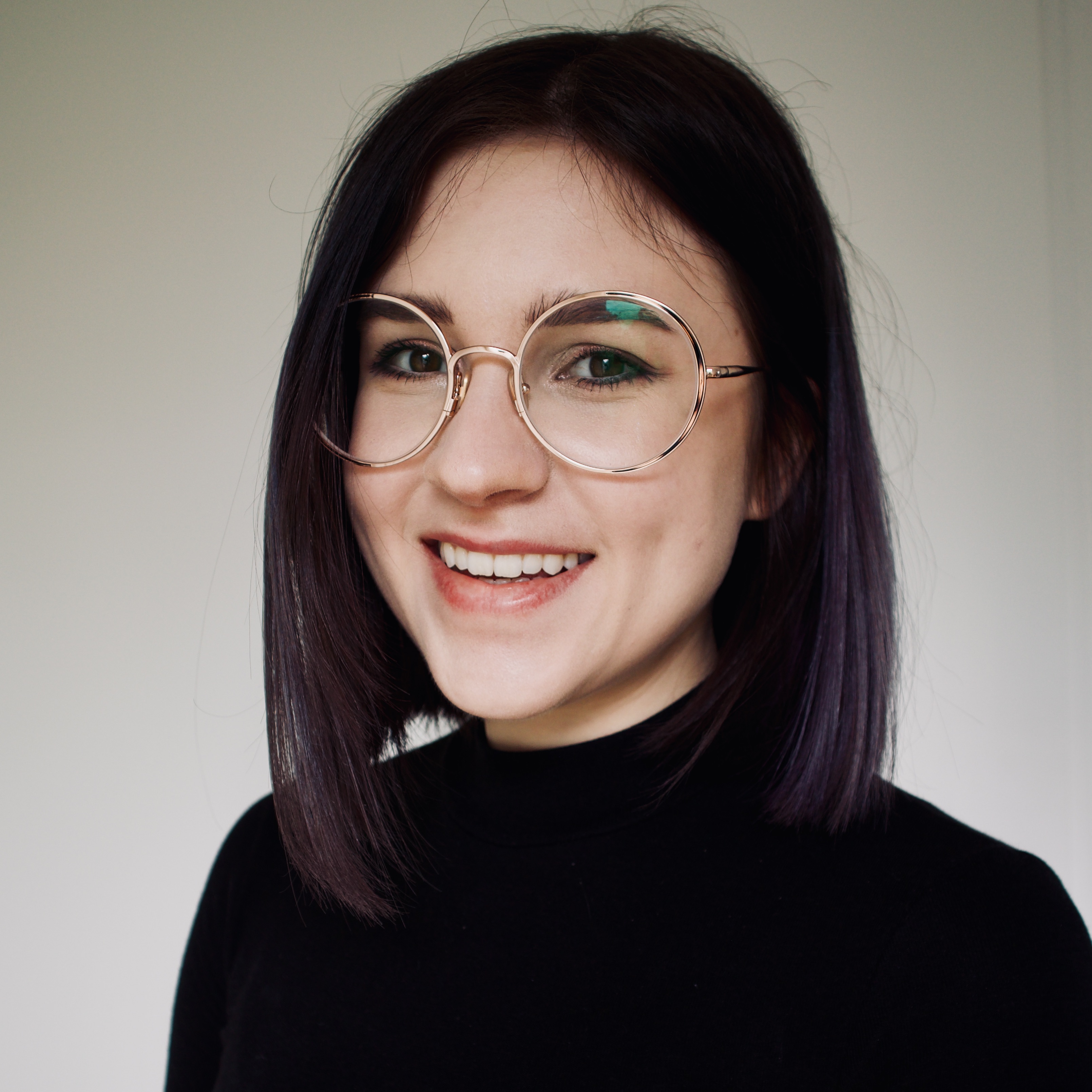
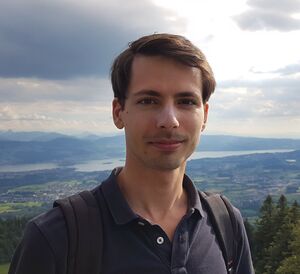
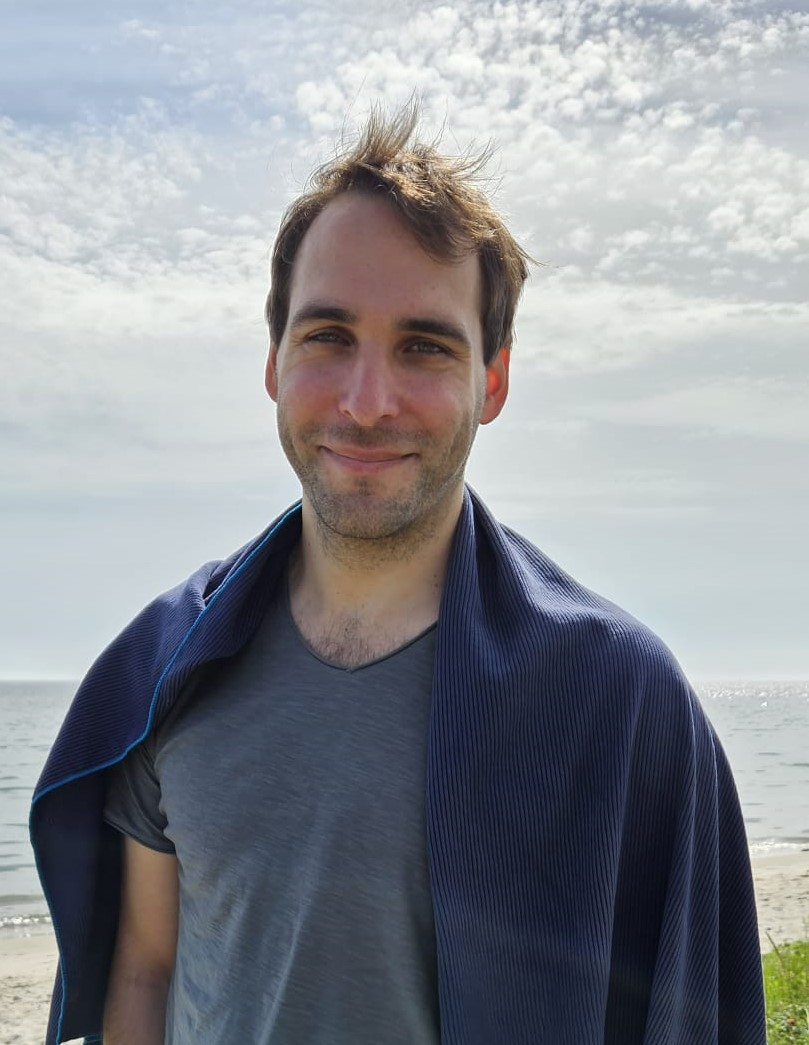

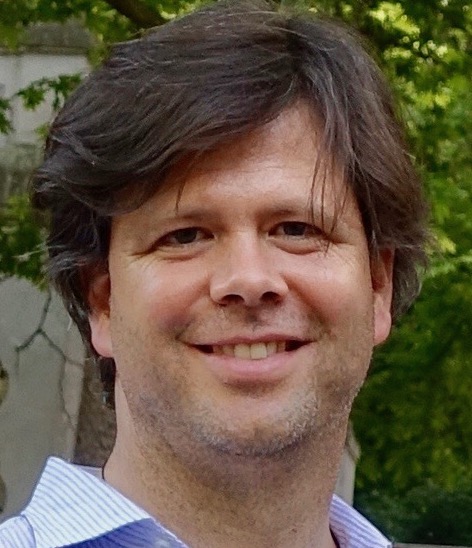
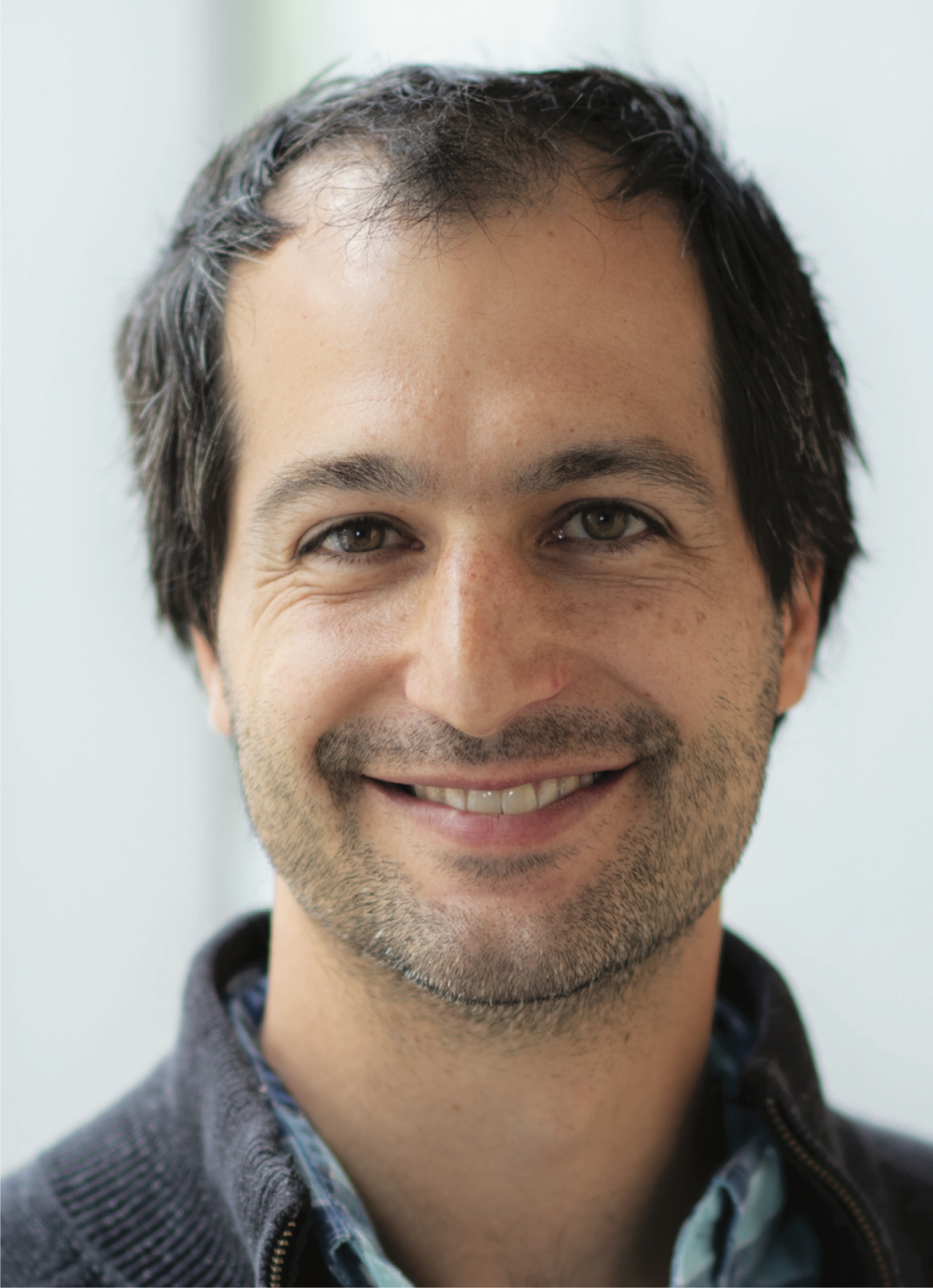

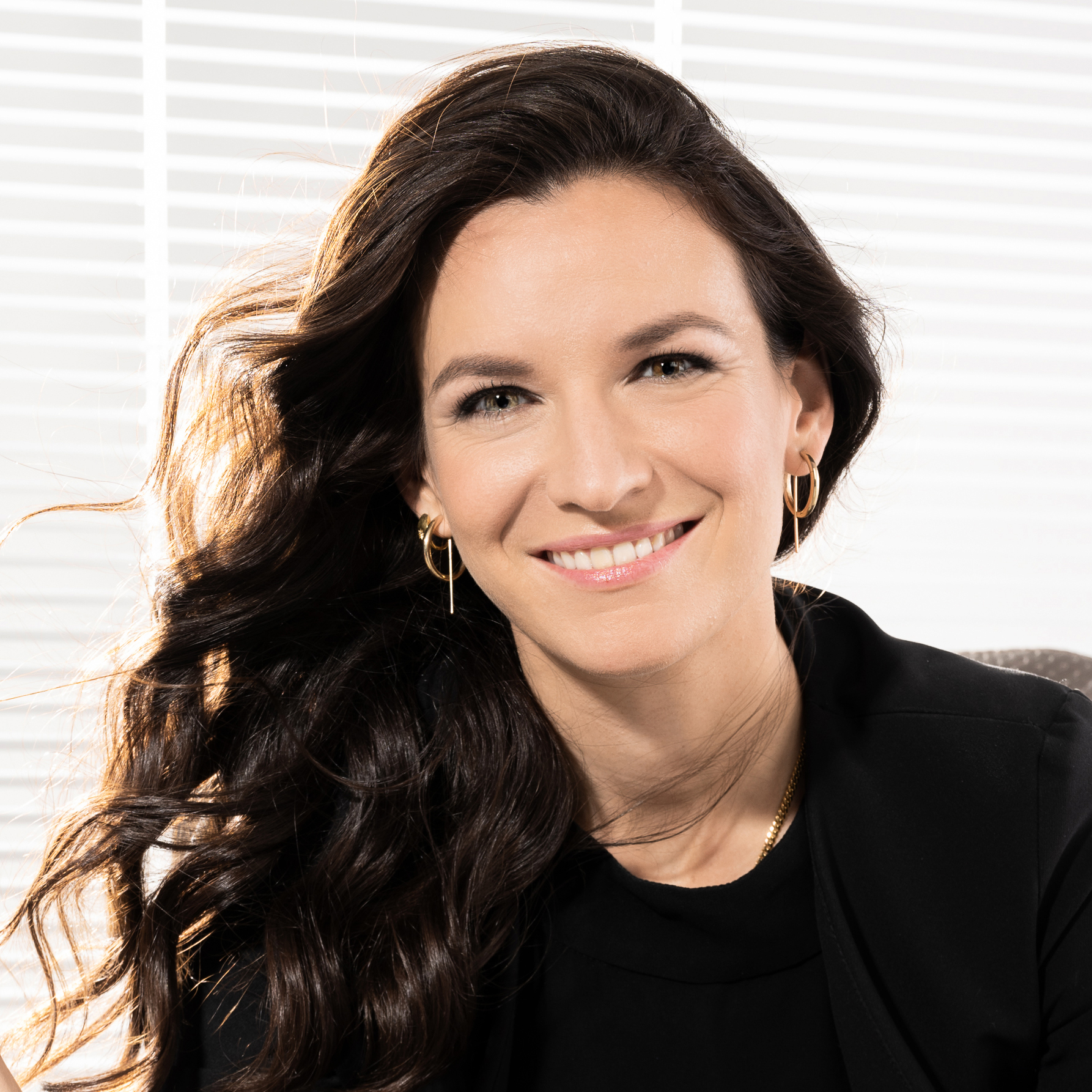
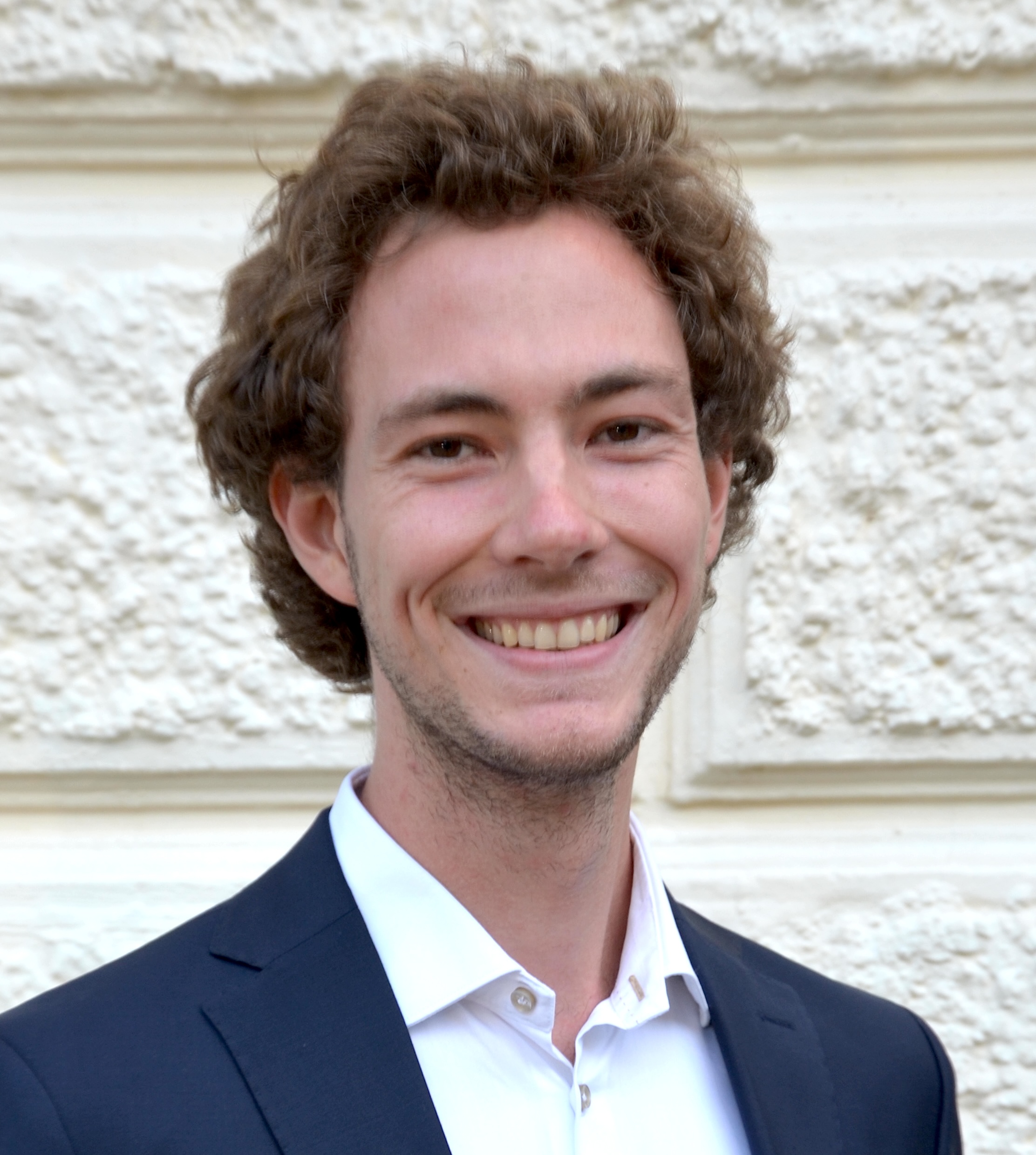
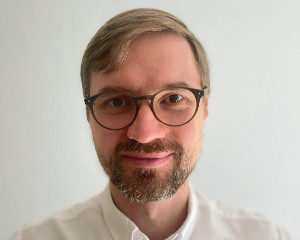
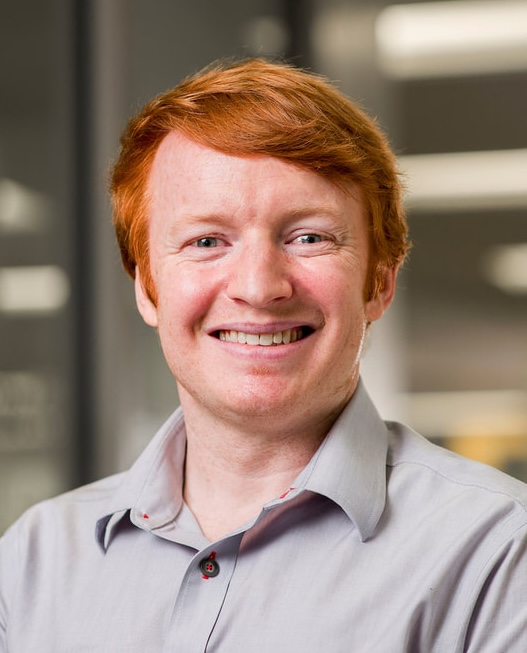

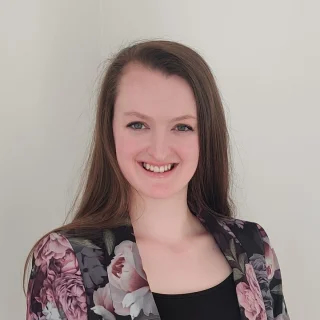
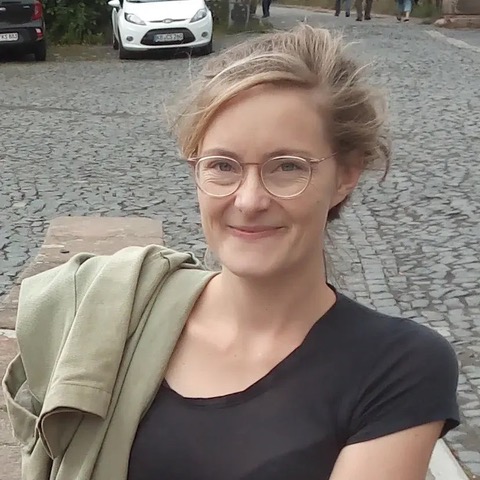
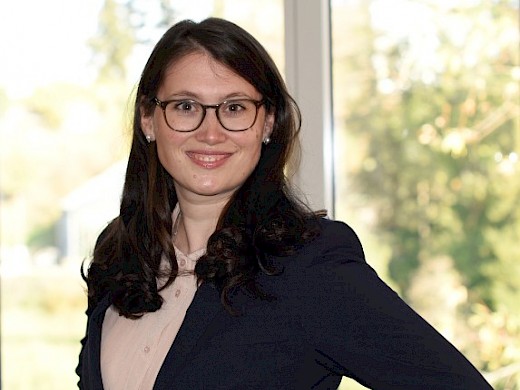
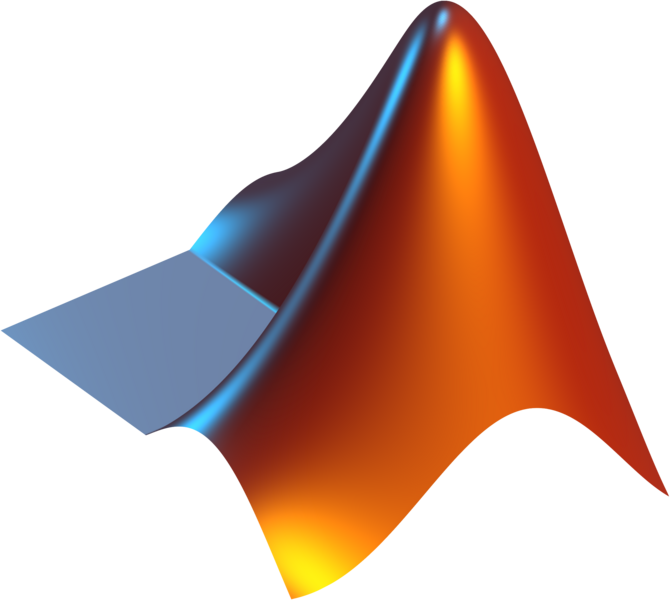 Material:
Material:

Social Activities
An essential part of the CPC is to get together, exchange ideas, meet new people, and make new friends. We believe that vivid interaction with your fellows during the week is at least as important as the scientific content. To make the CPC a memorable and fun event, we have organized the following social activities:
Speakers and Attendees Reception
Fri 13th, 5:30 pm | ETH Dozentenfoyer, Rämistrasse 101
While our Main Course talks provide you with plenty of knowledge, there is great value in one-on-one interaction and the direct exchange of ideas. Thus, we have organized a speakers and attendees reception including drinks and snacks at the Dozentenfoyer of ETH together with our speakers and fellow attendees. This is a great chance to get to know each other and ask questions in an informal setting. If you want to join the reception, sign up by purchasing a ticket during the registration process. Please note that due to spatial constraints, places are limited.
Free Walking Tour
Zurich's medieval houses, contorted, narrow lanes and guild and town halls from the Renaissance period offer an attractive backdrop for world-class entertainment. Join us for a guided tour through Zurich's Old Town and get to know the history and culture of the biggest city of Switzerland.
Free Gym Access
We managed to grant you free access to the ASVZ facilities at Polyterasse and Gloriarank during the whole week wof the CPC. The ASVZ is all about people, the joy of exercise, fitness, work/study-life balance and improving the quality of life.
Discord Server
At the beginning of the CPC we will open a dedicates CPC discord server. Stay connected with fellow students, engage in discussions, access resources, and get updates on all the latest happenings. Whether you're seeking study buddies, need assistance, or simply want to unwind with like-minded peers, our Discord community is the place to be.